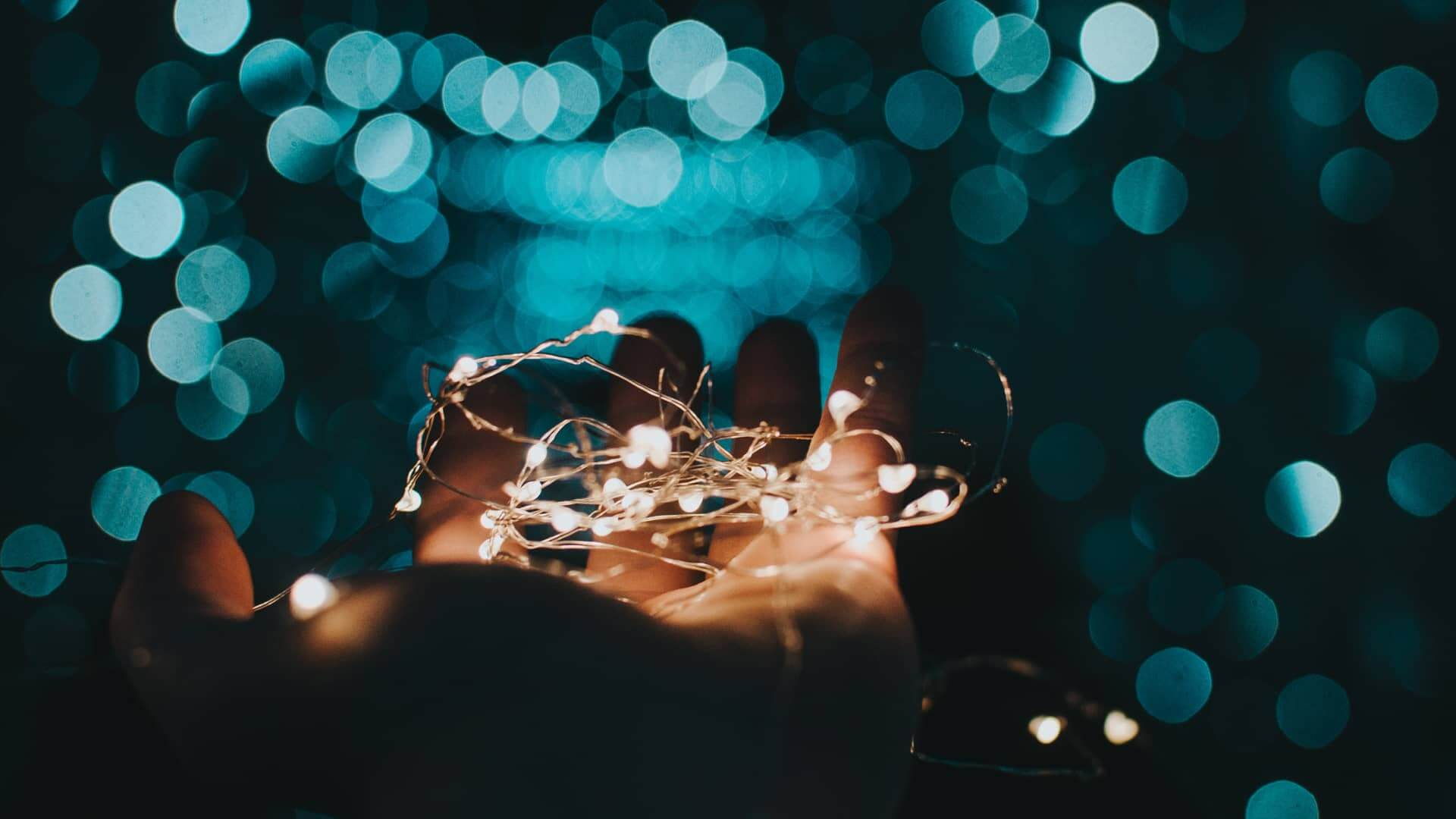English Image Analysis / short answer response
1/15
There's no tags or description
Looks like no tags are added yet.
Name | Mastery | Learn | Test | Matching | Spaced | Call with Kai |
|---|
No analytics yet
Send a link to your students to track their progress
16 Terms
What are the main features analysed in an image?
Composition
Framing
Lighting
Symbols
Body language
Facial expressions
Text
What does composition mean?
How objects and people are arranged in the image — it affects focus and meaning.
What does framing refer to in image analysis?
The presentation of visual elements in an image or layout in relation to the main subject.
What is salience in an image?
The part of the image that stands out the most — where your eyes go first.
What does lighting do in an image?
It creates mood, highlights subjects, and can suggest realism or drama.
How is body language used in images?
It shows emotions, relationships, and attitudes between characters or to the viewer.
What is bokeh?
The way the lens renders out-of-focus points of light

What are leading lines and what do they do?
Lines that draw the viewer's eye through the image and towards the subject
What is the subject in an image?
The main thing or person in the image.
What is juxtaposition?
The close placement of contrasting ideas, images, or entities, with the intent of highlighting the contrast between those entities
What is the purpose of the rule of thirds?
It draws attention to the subject in a natural way.
It makes the image look more dynamic and less flat or boring.
It helps guide the viewer’s eyes through the image.
The most important parts of your image should be placed at the line intersections.
How does proximity work within an image?
When things are close together, our brain sees them as connected or related.
When things are far apart, we see them as separate.
How do gestures influence an image?
Gestures (body movements, especially hands) convey emotion or action.
A raised fist might indicate power or anger, while open arms can suggest welcome or freedom.
How does gaze influence image analysis?
Gaze shows where a subject's attention is focused. Direct eye contact with the viewer can create a sense of intimacy or confrontation, while looking away can suggest isolation or thoughtfulness.
How does posture influence image analysis?
Posture shows mood or attitude.
A straight, tall posture can signal confidence or authority, while a slouched posture suggests sadness, vulnerability, or tiredness.
How do high angle, low angle, and eye level camera shots influence an image?
High angle: Makes the subject look smaller, weaker, or vulnerable.
Low angle: Makes the subject look larger, more powerful, or intimidating.
Eye level: Creates a neutral, equal perspective, fostering a sense of connection.